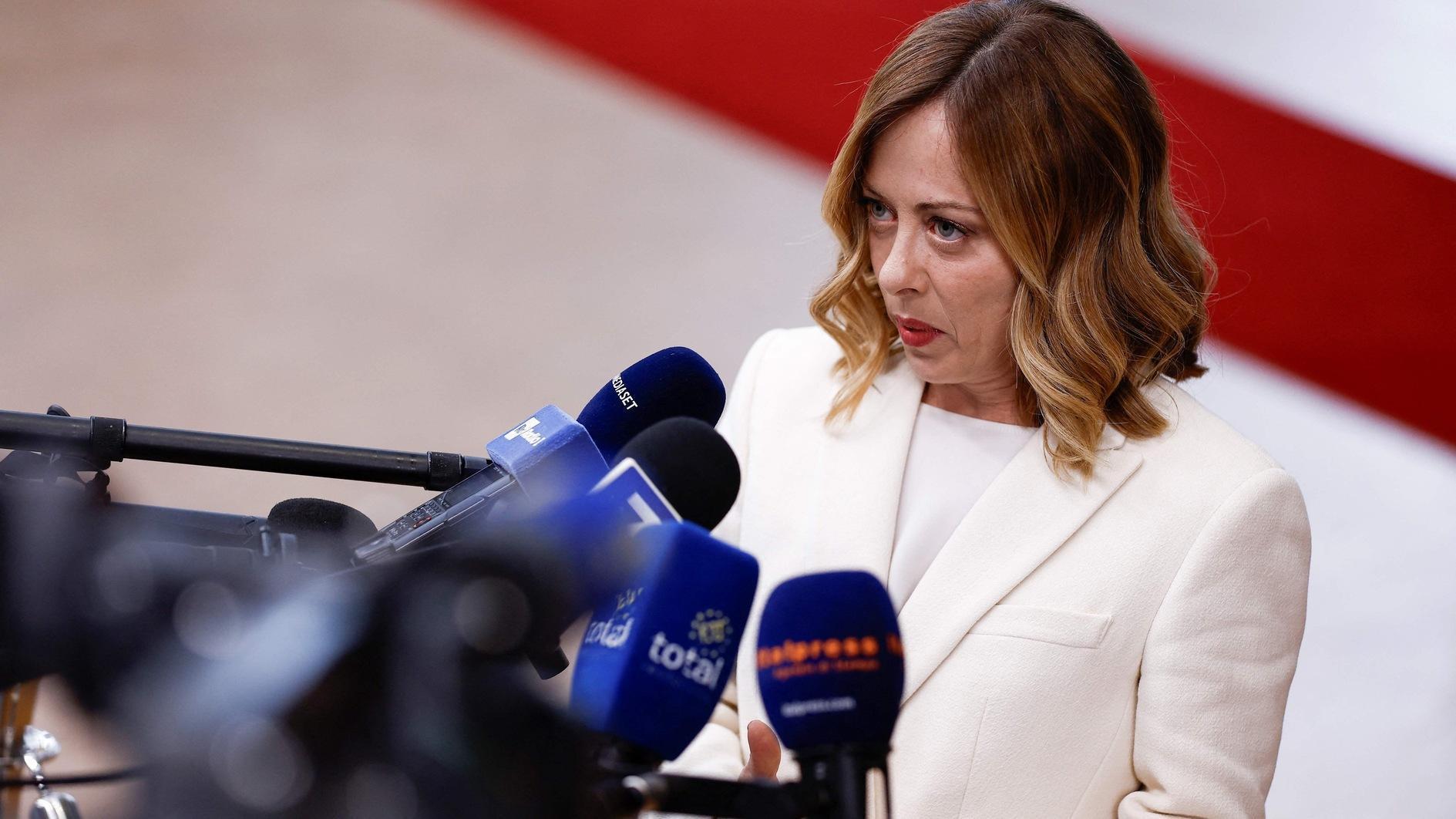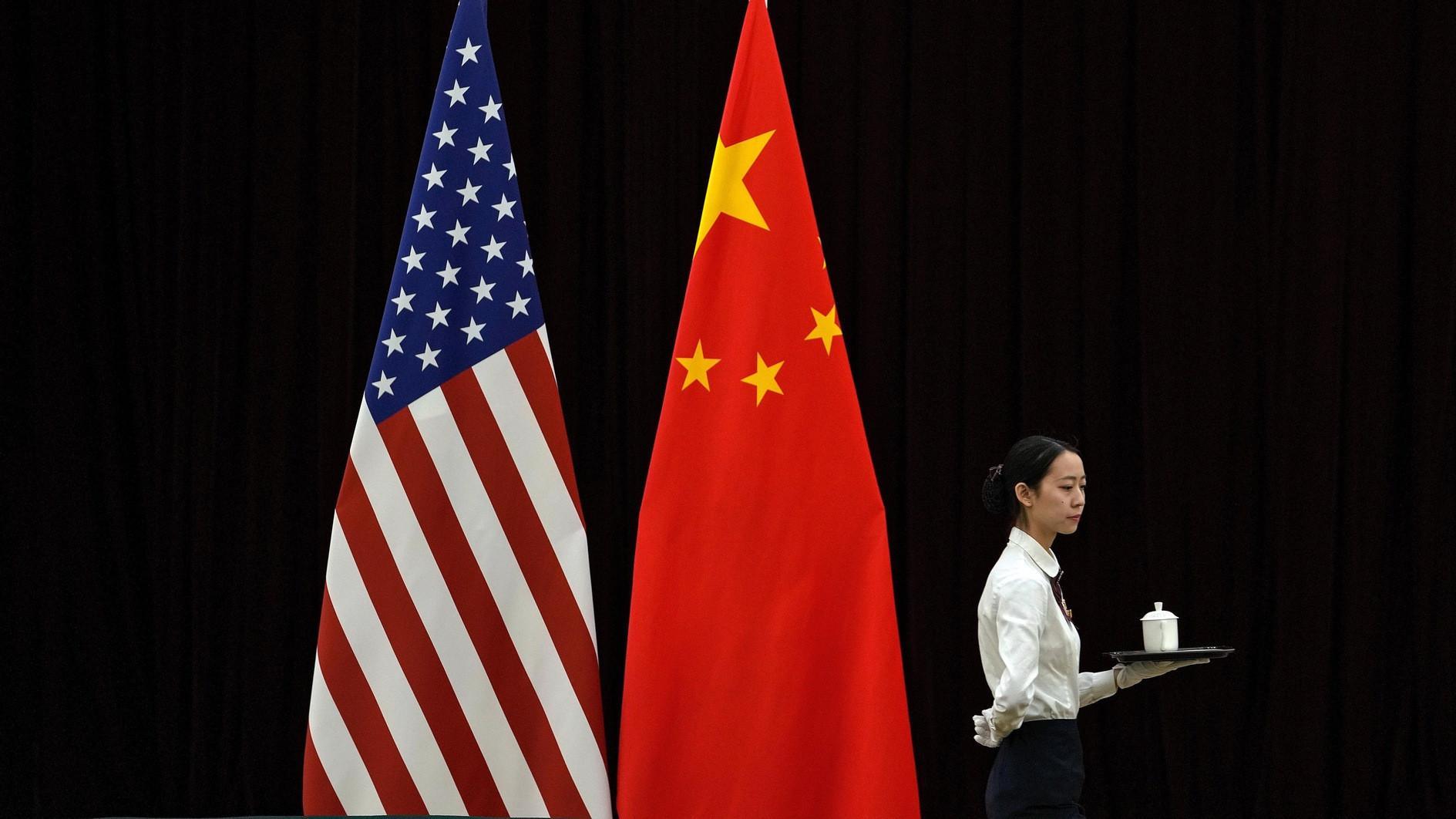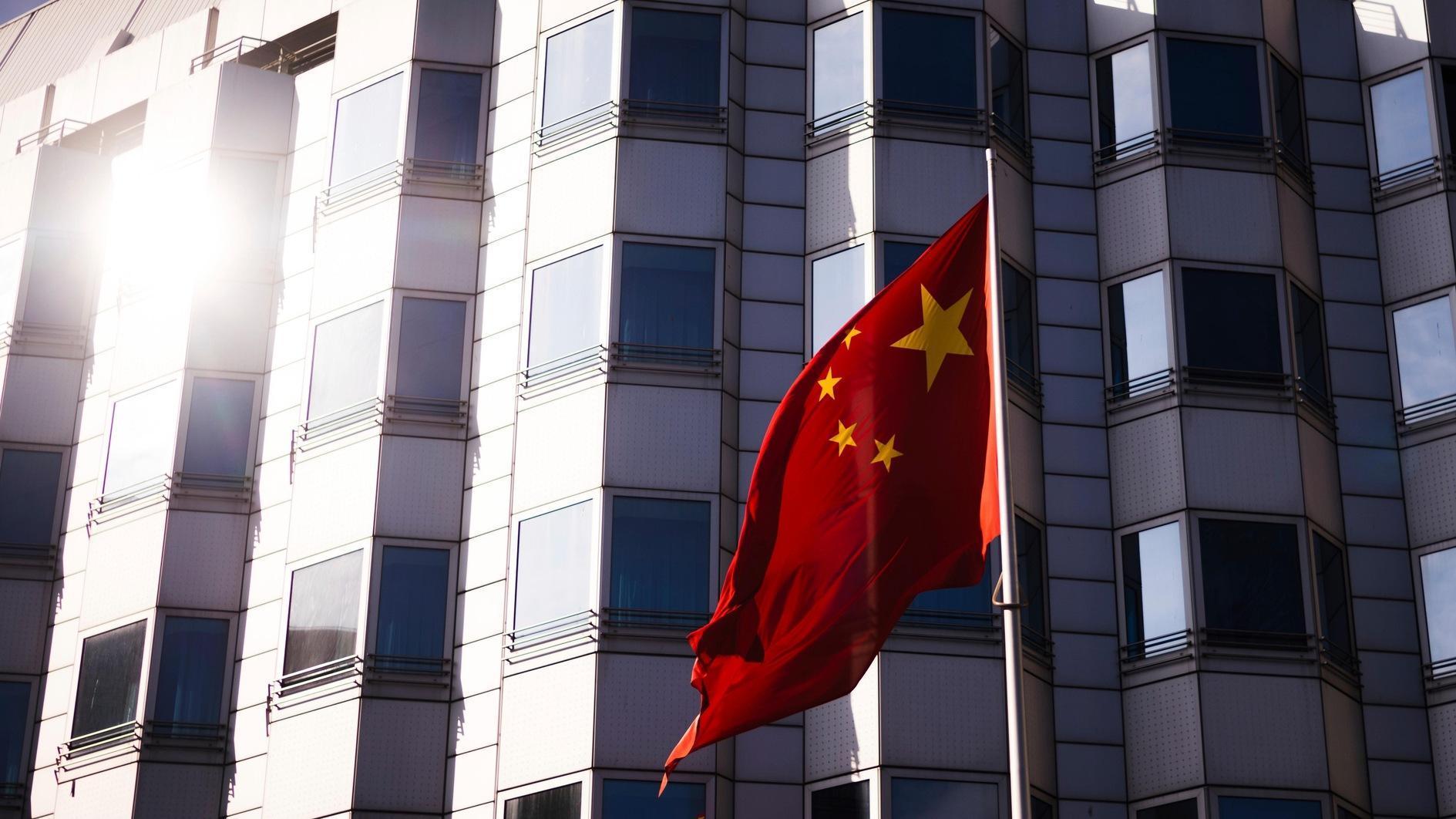AKP’s system change pledge vs CHP’s economic messages
With less than two months to go until Turkey’s June 7 general election, the main messages that political parties will be focusing on are becoming clearer.
Prime Minster Ahmet Davutoğlu promised on April 15 to change the country’s parliamentary system to a presidential one, as he announced the election manifesto of the ruling Justice and Development Party (AKP). The main opposition Republican People’s Party (CHP), on the other hand, is basing its campaign on solid messages rather than empty slogans, particularly focusing on the economy.
Davutoğlu has argued that the election of the president by popular vote for a first time - a change that was championed by the AKP in a 2007 constitutional referendum - has led to an “authority chaos.”
“We foresee the redesigning of the administrative structure toward a presidential system in order to overcome the authority chaos and the foundation of true accountability,” reads the AKP’s election manifesto.
“We envision the presidential system as an administrative model within the framework of a pro-liberty constitution, in which the legislative and executive branches are individually effective, democratic checks and balances are protected, and political representation of society’s differences is provided,” it adds.
Although the manifesto mentions “checks and balances” as part of the envisioned presidential system, we know that President Recep Tayyip Erdoğan, the name behind the AKP’s push for a system change, is no fan of this.
Erdoğan advocates a “Turkish-type” presidential system, without giving many details. But we know that he is no fan of the system in the U.S., where he said “the president cannot even sell two helicopters” without legislative approval. What he has in mind is a presidential system in which “the country is run as a joint-stock corporation.”
The system change is presented by the AKP as part of a new constitution, and party officials will probably ask voters to focus on other promises as well, but whether or not Turkey will have a presidential system after June 7 is “the issue” of the polls.
According to the latest surveys, around 60 percent of voters are against the presidential system, including almost half of the AKP’s own voters. According to the results of a March 2015 poll by Ipsos, citizens saw the general economic situation as the most important issue facing the country at 22 percent. Unemployment problems came next at 21 percent, and economic hardships at 10 percent. Some 53 percent of Turkish citizens say their biggest problems are related to economic issues, according to the study.
That is probably why the CHP’s campaign is based on messages on the economy and voters’ daily lives, rather than focusing on a major anti-presidential system campaign targeting not only the AKP but also Erdoğan, who was elected president last August with the support of 52 percent of voters.
The CHP launched its campaign with a rally in Istanbul over the weekend, using the election slogan “Milletçe Akışlıyoruz” (We Applaud as a Nation). CHP leader Kemal Kılıçdaroğlu is due to announce his party’s election manifesto on April 19 and the economy is expected to be the main focus.
“We know the situation of citizens – tradesmen, farmers and public servants - who are deep in debt,” Kılıçdaroğlu told reporters on April 9.
“We have six significant projects that are attractive but will also directly solve citizens’ problems. We will tell our local branches to ‘just explain these six projects,’” he added.
Among these projects are two extra wages to be paid to pensioners and erasing the past-due interest payments for people with credit card debts.
The party’s “We Applaud as a Nation” campaign has received mixed reactions so far.
Election strategist Ateş İlyas Başsoy, the author of “Why the AKP wins, why the CHP loses” says that you are doing something right if your opponents are reacting to your campaign and slogans. Given the fact that Prime Minister Davutoğlu has been trying to tarnish the CHP campaign every day since it was launched, as well as the fantastic theories in the pro-government media that “the aim is to create chaos in the country by applauding,” the CHP must be doing something right.
But whatever the parties promise in their manifestos, or what they do or don’t do during the campaign, it is almost certain that the AKP will get the most votes on June 7, followed by the CHP. The number of votes they receive will not only decide Turkey’s future; it will also decide the fate of the two parties’ leaders.











